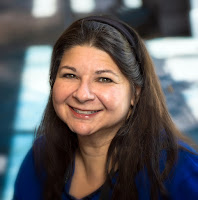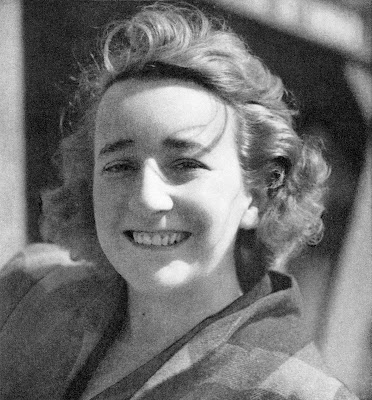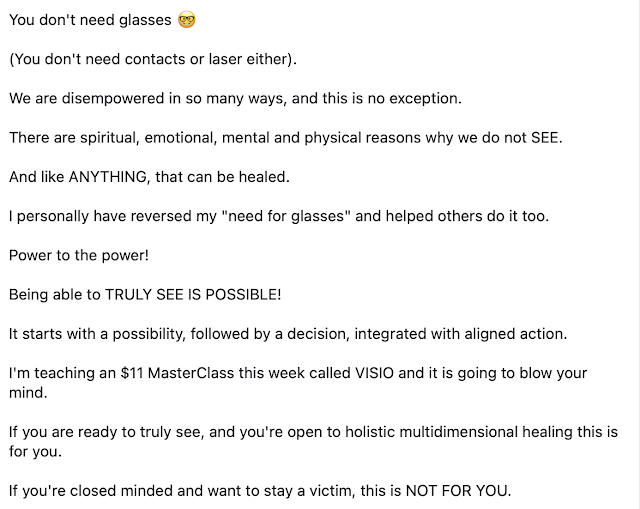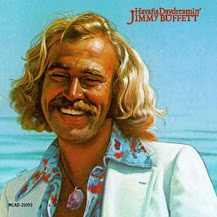Like some of you reading this, I recently attended this year's Bouchercon, which is touted as the world's largest mystery convention. It's held in a different city each year. This year, approximately 1,700 crime/mystery readers and writers converged in San Diego, where--among other things--we participated in and attended panels devoted to crime fiction.
I like panels. I like learning new things and finding new-to-me authors whose books I'm excited to read. I probably attend more panels on average than many other people do at conventions like this. Some people actually leave the convention hotel to tour the city! Me, wherever we go, I attend the panels. This is partly a byproduct of having been the program chair of Malice Domestic from 2008 - 2014. If you live and breathe panels for as long as I did, you get attached and you like going to ones that sound good. Of course, I became program chair because I loved going to panels and thought I could do a good job at creating and scheduling them, so I guess this is a chicken-or-the-egg situation. But I digress.
Bouchercon started on Wednesday afternoon this year instead of the usual Thursday morning. The extra half day of panels really made a difference. It made the convention seemed less rushed. It enabled more authors to be on panels. It gave attendees more chance to see panels on topics they were especially interested in because there often was more than one panel on a similar topic. For instance, this year they had several panels devoted to short stories, to which I say: two thumbs up.
This is all a lead-up to say that I attended a lot of panels at Bouchercon, and I noted some problems occurring in panel after panel after panel. The biggest one: too many panelists far too often do not speak into the microphone. That makes it difficult for people in the audience to hear you or hear you clearly. So, for future reference, here are my handy dandy tips for being a successful panelist:
- Speak into the microphone. Either move the microphone so it is CLOSE to your lips or EVERY TIME you speak lean forward so it's close to your lips. If the mic is sitting in the middle of the table and you're sitting with good posture, chances are your mic is a foot away. That's too far. It will not pick up what you're saying well. Pretend the mic is your high school crush. Get up close and personal. A couple of inches between mouth and mic is about right.
- Speak to the audience. Look to the front. When you do that, you have a much better chance of speaking into the microphone. I can't tell you how many times panelists turned their head, talking to their panel moderator or fellow panelists when answering a question. When they did that, their lips were not near their mic. I understand the inclination to want to look at the person you're responding to, but this is not a conversation between two friends. Think of the moderator as a stand-in for the audience. Look at the moderator if you like when the question is posed, but then look to the audience when you answer. They're the ones who chose this panel to hear what you have to say. Make it easy for them.

Image by rawpixel.com - If you're considering standing your book up on the table during the panel so audience members can see it, make sure it is not a hindrance to the audience seeing your face. If a book is a short mass market paperback, it probably won't block you. If it's a hardback, it very well might. And if you set your book on a little holder, the chances are even greater you'll be blocked by your book. So, before the panel starts, set your book up and have a friend sit in various spots in the audience and let you know if you're visible. If your book is blocking you from any spots in the audience, then I would hold it up while you are being introduced and then set it down. You might think you don't care if the audience can see you, that you want your book to be seen. But as an audience member, I beg to differ. It can be hard to connect with an author if I'm annoyed that I can't see them, no matter what they say or how charming they are. Think of the audience as your annoying relative who brushed your hair from your eyes when you were a kid. Bubby, we want to see your face.
- When an audience member asks a question, repeat it before answering it. This is a moderator responsibility, but sometimes questions are posed directly to a particular panelist, and the panelist will jump in to answer. If you do, try to remember to restate the question first (speaking into the mic) so everyone in the audience can hear it. I know it can be easy to forget to do this. I'm guilty of it myself. All we can do is try our best to remember.
- The best panels I attend often have conversations between the panelists. Rather than having a question posed and each panelist answer it down the line, saying their piece and waiting quietly until the next question is posed, see if you have something to add to what other panelists say. Engage in conversation.You'll probably end up with more interesting and less canned answers. (But don't talk too much. If you are talking twice as long or twice as often as anyone else, it will be noticed by the audience members and not in a good way.)

Thanks to photographer
John Thomas Bychowski.
I hope to see (and hear) you at Bouchercon next fall in Nashville (and Malice Domestic next spring in North Bethesda, Maryland, as usual).
And before I go, a little BSP: I was delighted to win the Anthony Award for Best Short Story of 2022 at Bouchercon for "Beauty and the Beyotch," originally published in issue 29 of Sherlock Holmes Mystery Magazine. Thanks to the magazine's editor, Carla Coupe, who helped make the story better.






















